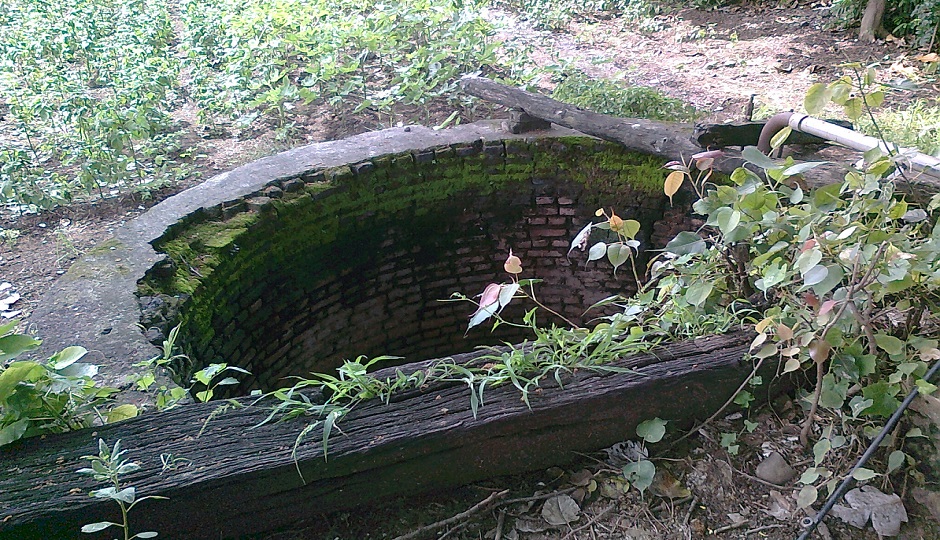
The objective of this study was to develop strategies to promote the use of information on groundwater in local land use planning.
Specifically, the project sought to understand the type and level of use of information on groundwater by land planners, to propose measures to improve the appropriation and integration of this information, and to use case studies to test the usefulness of groundwater information for land planning purposes and the extent to which the underlying hydrogeological phenomena are understood by land planning stakeholders.
This study highlights the contribution of integrated water management to the management of groundwater in agricultural areas.
The first part of the project had two objectives: (1) to identify the scope of available land management tools that can be used to protect groundwater; and (2) to determine the extent to which the hydrogeological data produced by Québec’s PACES program (Programme d’acquisition des connaissances sur l’eau souterraine) improves the definition and alignment of strategies developed by land planners to protect and preserve the resource.
The second part of the project had three objectives: (1) to document the use of information on groundwater for land use planning purposes; (2) to identify the obstacles to the use of groundwater information by land planners; and (3) to propose a strategy to foster the integration of groundwater information into land planning processes using a prototype GIS tool.
The third part of the project had three objectives: (1) to develop agricultural strategies for the protection of groundwater; (2) to apply these strategies to a watershed; and (3) to assess their economic and environmental impact and social acceptability.
This study highlights the contribution of integrated water management to the management of groundwater in agricultural areas, with consideration for environmental, economic, and social acceptability aspects.
Main researcher
Manuel Rodriguez, Université Laval
Deposit of the research report: June 2014
